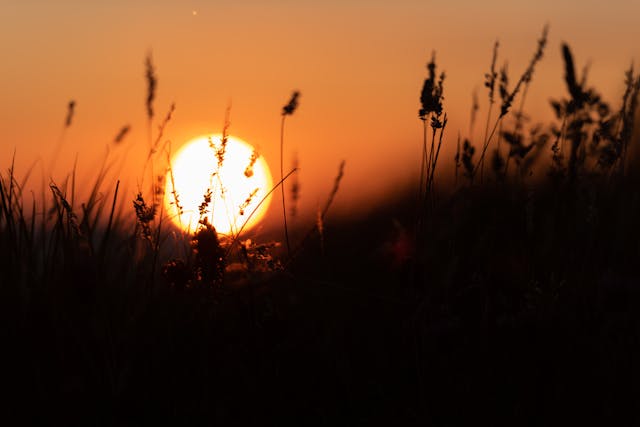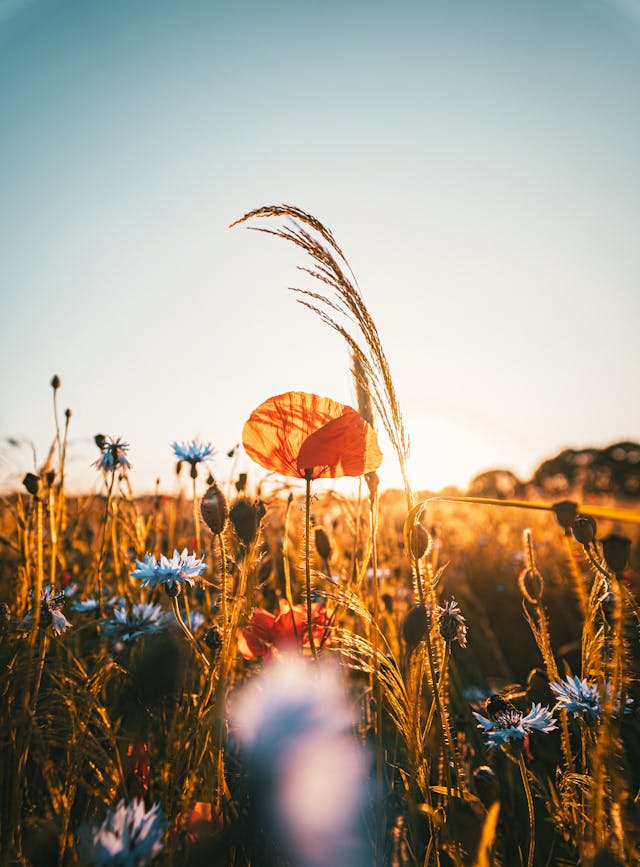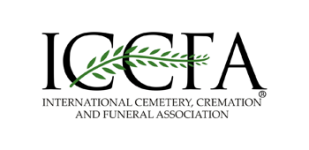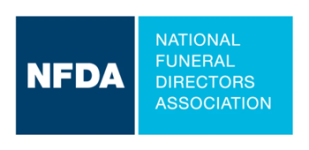How Korean Funerals Celebrate Life and Honor the Loved One

When exploring the rich tapestry of cultural traditions surrounding death, Korean funerals stand out for their unique approach to celebrating life while honoring the deceased. Those of us who wish to understand best practices in Korean Mortuary in Orange County, CA, can appreciate how these ceremonies reflect deep reverence, family bonds, and a profound connection to heritage. Korean funerals often transcend mere mourning, becoming vibrant celebrations of both remembrance and continuity.
The Cultural Significance of Korean Funerals
Korean funerals are deeply rooted in Confucian traditions, reflecting values like respect for ancestors and harmony within the family unit. During these ceremonies, mourning is an essential aspect. However, it’s complemented by culturally significant rituals that help families process grief through celebration and connection. This duality is fundamental: grief and joy come together to honor lives lived, recognizing both the void of loss and the fullness of cherished memories.
One of the hallmark traditions we observe during these funerals is the gathering of family and friends, who come together to provide support, share stories, and celebrate the person’s life. The essential belief is that while the body may be gone, the spirit continues to live on within memories and the legacy that the deceased has left. This recognition encourages families and communities to reflect on the meaningful moments shared and the lessons imparted by the loved one.
Ceremonies and Rituals
The funeral itself often takes place over three days, emphasizing its importance as more than just a single event. We find that the memorial ceremonies usually include elements such as:
- Wake and Vigil: Family members stay close to the deceased, typically in the home or funeral home. This period allows the family to reflect privately and personally as stories are shared and emotions are expressed.
- Ritual Offerings: An integral part of the process is presenting food and rice wine to the deceased. These offerings symbolize the belief that the deceased resides in the spirit world and that partaking in these offerings allows family members to continue nurturing their connection even in death.
- Seongmyo Movement: Often signifying familial honor, participants may bow deeply (a gesture known as “Jeong”) as they express respect and gratitude to the deceased. This act underscores the bonds of family lineage and serves to honor ancestors.
- Gongju Ritual: This well-known custom, involving prayers and messages sent to the deceased, underscores the belief that they can observe and be present during the funeral rites, ensuring their ongoing spiritual guidance for the family.
True Abandonment and Celebration
In recent years, as society continues to evolve, many Korean families have embraced modern practices, blending traditional rituals with contemporary expressions of love and celebration. Whether it’s through music, storytelling, or even personalized visuals of the loved one’s life displayed at the service, the ceremony becomes a canvas reflecting the individual’s life and the love they inspired.
Music holds a particular significance in these celebrations, as hymns and songs fill the air, bringing a warmth that resonates with both sorrow and joy. Many families will look for ways to celebrate a person’s passion or hobbies, providing attendees with a richer reflection on how the individual lived.
The Future of Korean Funerals in America
Navigating arrangements within a Korean Mortuary allows families to find spaces that understand these cultural nuances. Here, families can honor their loved ones authentically while adapting to their new surroundings. Understanding and preserving these traditions are essential, particularly for a generation straddling the cultural gap between Korea and America.
As younger generations carry forward these customs, they may introduce their interpretations, fostering further meaning and relevance within a multicultural environment. It allows us all to grasp a deeper understanding of grief, healing, and the human experience.
In conclusion, Korean funerals uniquely celebrate life and honor the deceased, weaving together rituals that reflect values of respect, heritage, and love. These ceremonies embrace the complexities of grief while joyously commemorating life stories. If you are seeking services from a Korean Mortuary in Orange County, CA, consider Sunnyside Mortuary for compassionate, culturally sensitive support that respects these deep traditions while providing a comprehensive framework for modern funeral practices.



